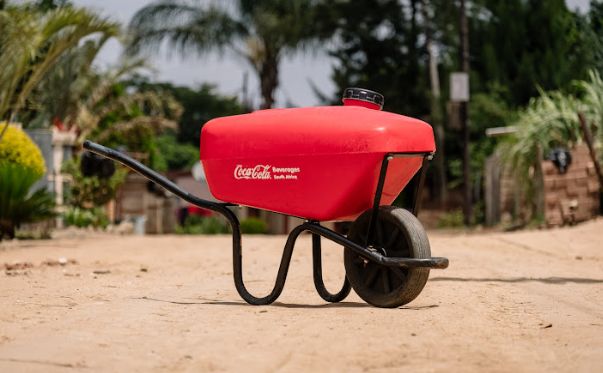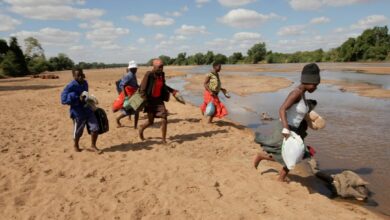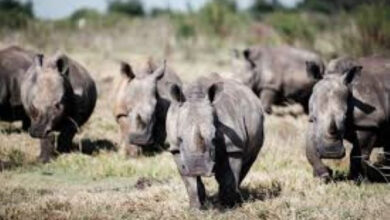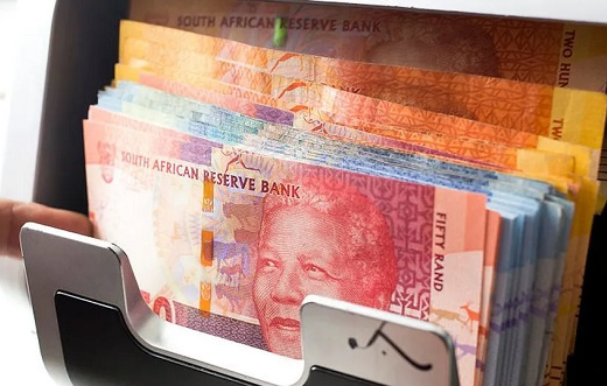WATCH | Coca-Cola Beverages SA goes off-grid to tackle the country’s water crisis

World Water Day, celebrated on March 22, is an important reminder that SA is one of the most water-scarce countries around the globe and is prone to droughts.
More than 3-million households lack access to clean running water. The crisis is growing and there is a need for proactive and effective solutions.
One such solution is Coca-Cola Beverages SA’s (CCBSA) Coke Ville project, which provides solar-powered groundwater harvesting and treatment systems to indigent communities experiencing water insecurity.
Launched in 2020, the project has expanded to nine sites in Limpopo, the Eastern Cape, Gauteng and KwaZulu-Natal. To date, it has generated more than 150-million litres of water to the benefit of more than 15,000 households.
A further 12 systems are planned for 2022. This is particularly fitting given the theme of this year’s World Water Day is “Groundwater — making the invisible, visible”.
Coke Ville is just one example of how CCBSA is turning Coca-Cola’s global Water Stewardship Strategy into concrete local projects that enhance the quality of life for people across SA.
“Having access to clean running water is [essential for] human health, environmental protection and socioeconomic development,” says Nozicelo Ngcobo, public affairs, communication and sustainability director at CCBSA.
Three ways CCBSA is tackling water scarcity in SA
Coca-Cola’s Water Stewardship Strategy is a three-pronged approach to sustainable, efficient water usage. It is focused on enhanced community water resilience, regenerative operations, and improved watershed health.
Ngcobo explains that supporting community water resilience involves providing access to clean water, sanitation and hygiene facilities to the vulnerable communities in which CCBSA operates.
With a strong emphasis on empowering women and girls, it also aims to help these communities adapt to the effects of climate change.
“Regenerative operations are intended to reduce local shared water challenges by complying with Coca-Cola’s Water Stewardship requirements to prevent water wastage, reduce the amount of water being used, and safely discharge water, as well as achieve regenerative water use by reducing, reusing, recycling and replenishing within our operations,” says Ngcobo.
GOOD TO KNOW
More than 3,000ha of invasive plants were removed in 2021 as part of CCBSA projects focused on improving the health of local watersheds
Healthy watersheds, she explains, are about the rehabilitation, restoration and protection of SA’s watersheds and catchments.
Watershed restoration and protection is aimed at addressing long term, sustainable and cost-effective water security through nature-based programmes such as the clearing of alien invasive species.
Coca-Cola’s Water Stewardship Strategy is in line with the UN’s Sustainability Development Goal 6 and SA’s National Development Plan, both of which advocate for universal and equitable access to affordable drinking water for all by 2030.





